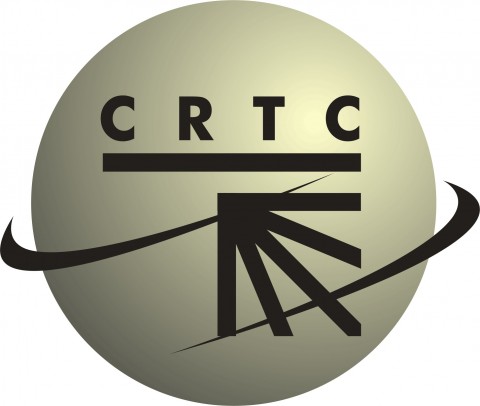
OTTAWA – The CRTC has announced plans to give Canada’s 9-1-1 networks a stress test and then decide whether to mandate 9-1-1 network quality-of-service standards.
Canadians have access to either Basic or Enhanced 9-1-1 service through wireline, wireless, and voice over Internet Protocol (VoIP) telephone services in areas where 9-1-1 call centres, also known as public safety answering points (PSAPs), have been established by provincial, territorial, or municipal governments. The Commission said Thursday that it wants to proactively review the reliability and resiliency of 9-1-1 networks and various elements in light of significant service disruptions to 9-1-1 services in the United States due to natural disasters.
The issues to be examined include whether it is necessary to establish related requirements by way of regulatory measures and, if so, what they should be, as well as whether 9-1-1 network quality-of-service standards or service-level agreements between parties should be established and, if so, the appropriate regulatory measures by which they should be imposed.
In addition, the Commission pledged to examine to what extent 9-1-1 network providers should be required to notify affected PSAPs, affected telephone service providers, and the Commission of 9-1-1 network outages, and whether telephone service providers should be required to notify affected 9-1-1 network providers, affected PSAPs, and the Commission of outages of the 9-1-1 dedicated trunks or equivalent voice lines, which connect the originating network to the point of interconnection with the 9-1-1 network.
9-1-1 network providers and PSAPs are asked to file their responses to their respective requests for information by August 24, while interventions from other interested parties are due by October 7, 2015.



